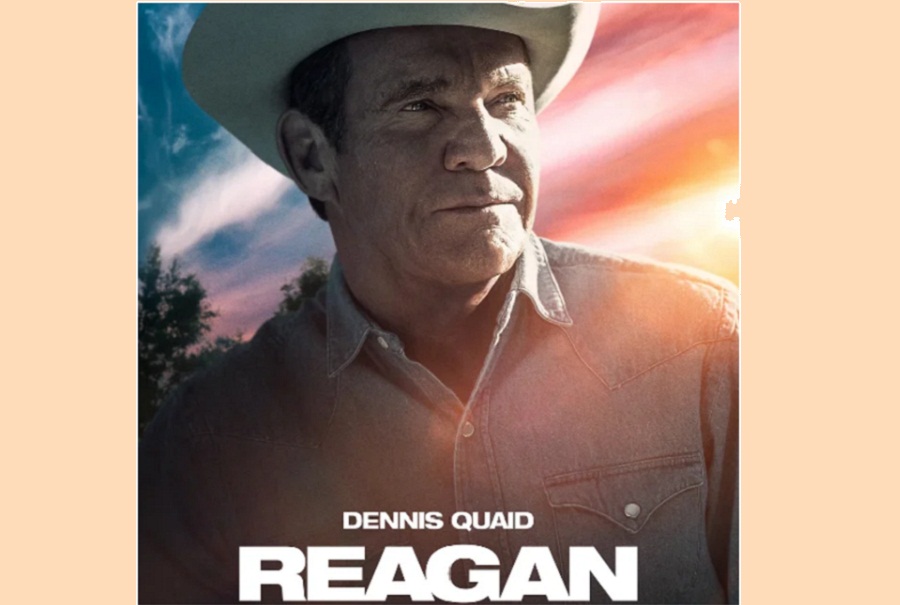'Reagan' shows how to make a biased Hollywood portrayal of Ronald Reagan

Published :
Updated :

Ronald Reagan, the 40th President of the United States, remains a divisive figure in American history. Known for ending the Cold War and reviving the American economy, he has also been criticized for policies that contributed to global terrorism and wealth inequality in the US. His legacy is complicated, and both his successes and failures have left a lasting impression on the world. The latest Hollywood biopic, Reagan, directed by Sean McNamara, celebrates Reagan but with controversy.
The film features Dennis Quaid as the eponymous character and shows Hollywood's tendency for hero worship, particularly when it comes to conservative idols like Reagan. This biopic is more than simply a history lesson. It's a glorification of the man who changed America in the late 20th century. The movie explores Reagan's life from humble beginnings to the presidency, focusing on his spiritual journey and his relentless fight against communism.
Dennis Quaid delivers a strong performance as Reagan, capturing his charm and determination. But the film's portrayal of Reagan is flawed due to its lack of nuance, portraying him as a near-saint destined to lead America against communism. This is most evident in the film's narrative, led by a fictionalized Soviet KGB agent, Viktor Petrovich (played by Jon Voight), who portrays Reagan as a crusader who successfully defeated the Soviet Union.
Reagan glorifies Ronald Reagan but neglects his darker aspects. In cases of Reagan's political failures, he is portrayed as a victim rather than a leader responsible for poor actions. The film's portrayal of Reagan's critics is equally problematic, depicting them as naive or evil, driven not by genuine concern but by a desire to tear down a great man, a portrayal that should raise concerns and prompt critical thinking.
The 1969 Berkeley protests, where students clashed with Reagan over his use of the National Guard, are presented in the film as the actions of spoiled brats rather than a legitimate outcry against authoritarian overreach. Similarly, those who sought accountability during the Iran-Contra scandal are shown as vindictive rather than principled.
The film also fails to address Reagan's disastrous handling of the War on Drugs, which led to thousands of unnecessary deaths and the mass incarceration crisis. Despite these issues, the film highlights the lasting impact of Reagan's policies on American society.
The film successfully depicts Ronald Reagan's early life in detail, including his difficulties with his father's alcoholism and his rise as a Hollywood celebrity. It also meticulously portrays Reagan's political career, from union leader in Hollywood to Governor of California and, eventually, President, providing profound insight into the man behind the myth.
Reagan is less a biopic and more a love letter to the conservative icon. For those who admire Reagan, the film might be a satisfying portrayal of their hero. For those who are more critical of his legacy, the film might be seen as a missed opportunity to engage with the complexities and contradictions of one of America's most influential presidents.


 For all latest news, follow The Financial Express Google News channel.
For all latest news, follow The Financial Express Google News channel.